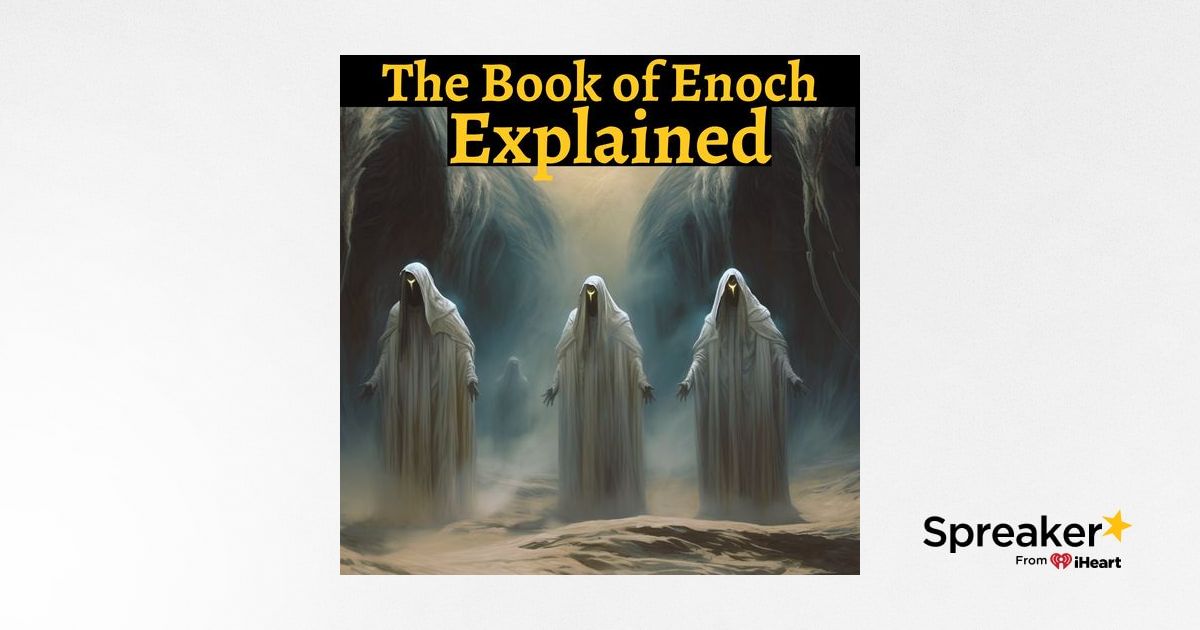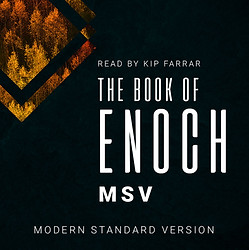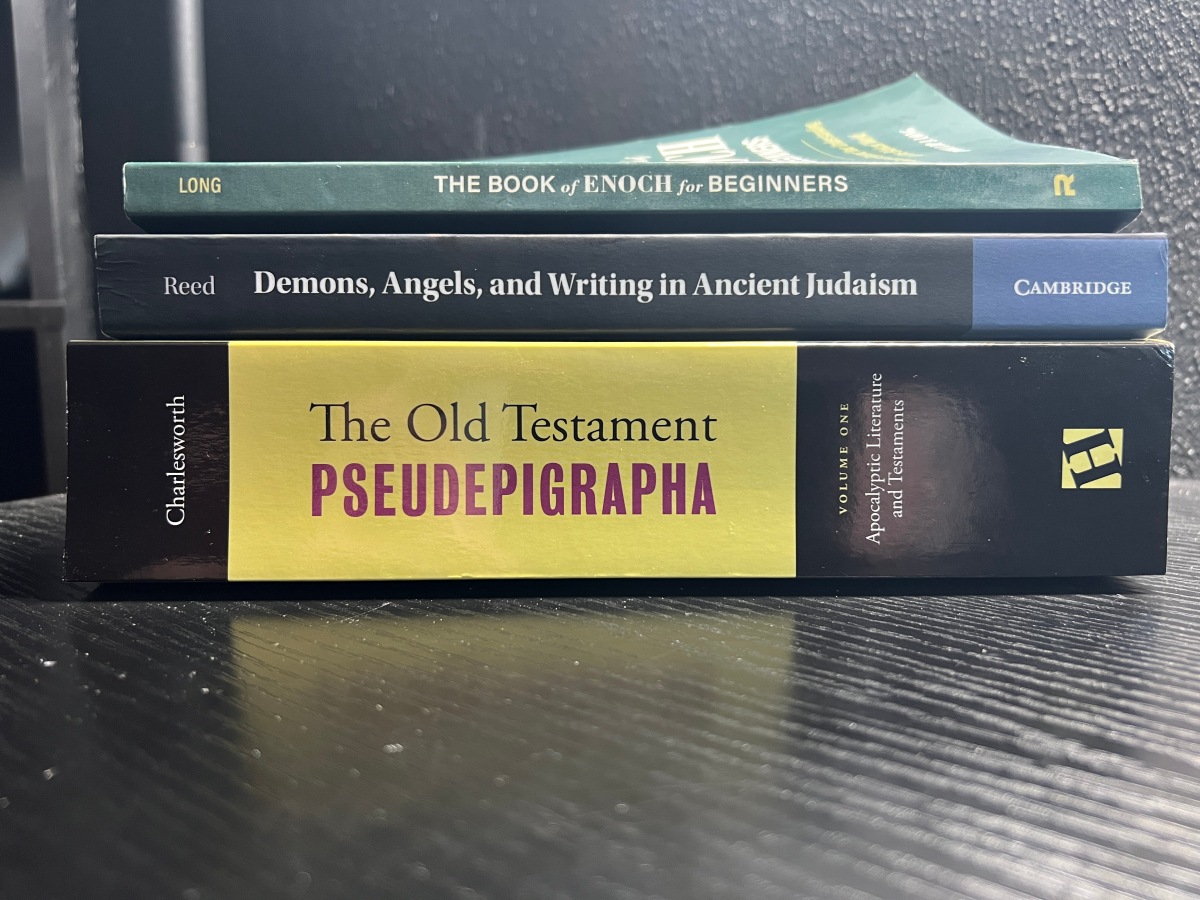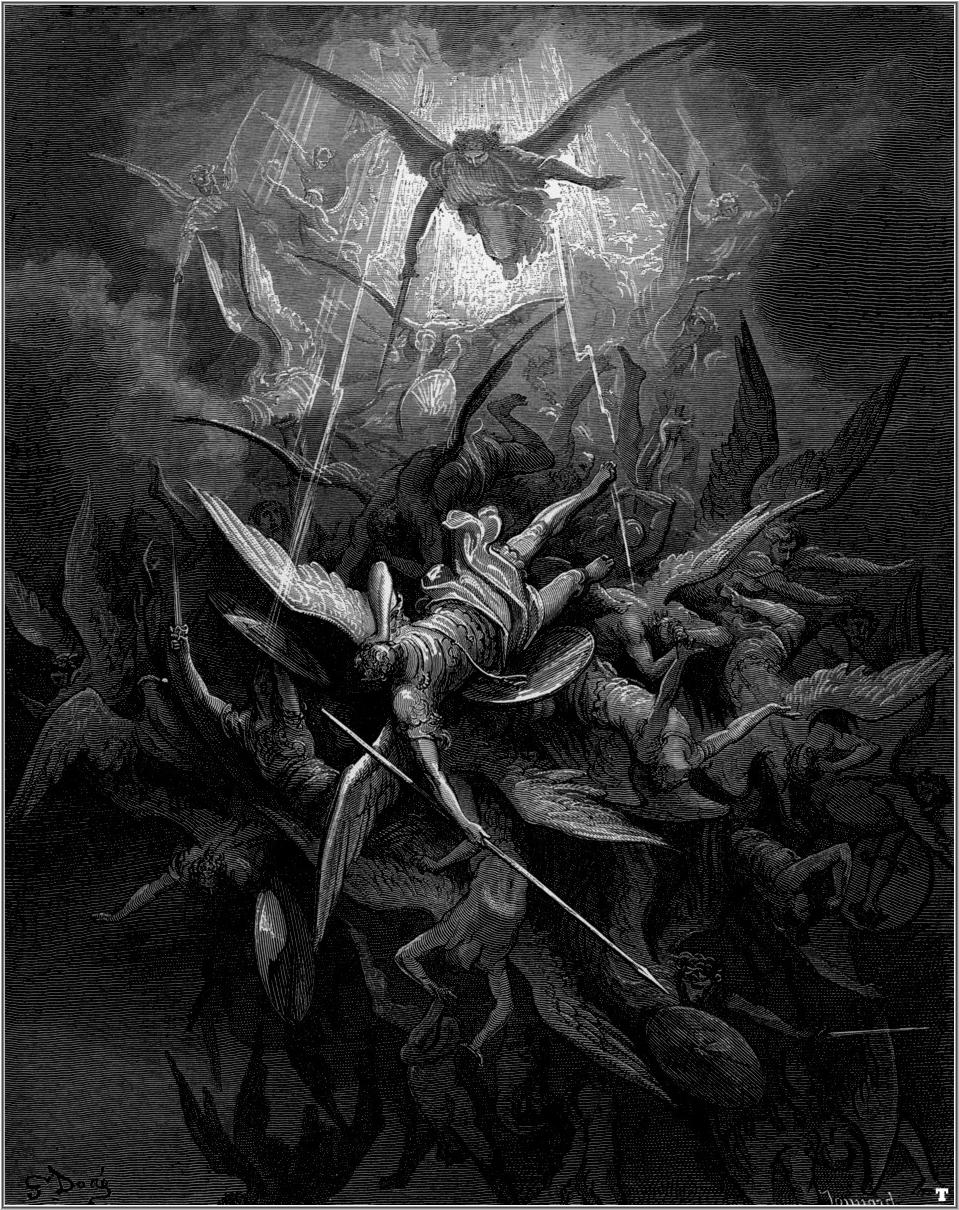The book of enoch, a captivating and enigmatic text shrouded in mystery, offers a glimpse into the world of ancient Jewish apocalyptic literature. While not included in the Hebrew Bible (Old Testament), its influence on Christian and Islamic traditions is undeniable, and its insights into the nature of angels, cosmology, and the coming judgment continue to fascinate scholars and laypeople alike.
This article aims to unravel the complexities of the Book of Enoch, providing a comprehensive summary of its content, highlighting its key themes and exploring its significance in a historical and cultural context. We will dive into the origins and history of the book, delve into its visionary journeys and revelations, uncover the fall of angels and the judgment, and examine its influence and reception throughout history.
Origins and History

The Book of Enoch, traditionally attributed to the biblical figure Enoch, son of Jared, is believed to have been written in Hebrew between the 3rd and 1st centuries BCE. However, its exact origins remain shrouded in mystery, with scholars suggesting multiple authors and revisions throughout the text’s history.
Early Christian writers, such as Jude and Clement of Rome, cite Enoch as a source for their own writings, indicating that the book was widely circulated and held in high regard during the early centuries CE. Interestingly, the Ethiopian Church formally canonized Enoch as part of their biblical canon, where it continues to be revered today. This suggests that the Book of Enoch had a significant impact on early Christian communities, and its exclusion from the majority of biblical canons likely had more to do with theological differences rather than the actual content of the book.
Some scholars also suggest that the book may have originated in the Essene community, a Jewish sect known for their apocalyptic beliefs and strict adherence to the law. The discovery of several fragments of the Book of Enoch among the Dead Sea Scrolls, a collection of ancient Jewish texts found in the Qumran Caves, further supports this theory.
Key Themes and Concepts in Enoch
The Book of Enoch is a complex text that covers a wide range of themes and concepts. However, some recurring ideas can be identified throughout the book, providing insight into the beliefs and concerns of the ancient Jewish community.
Angels and Heavenly Beings
One of the most prominent themes in the Book of Enoch is the role and nature of angels and other heavenly beings. The book provides a detailed description of different types of angels, their duties, and their hierarchy. It also introduces the concept of the Watchers, a group of rebellious angels who descended to earth and corrupted humanity, leading to the great flood. The depiction of these fallen angels as corruptors of humanity is unique in ancient literature and has had a lasting impact on Western religious traditions.
Cosmology and the Universe
The Book of Enoch presents a cosmology that differs from the traditional biblical view of the world. It describes a three-tiered universe, with the earth at its center, surrounded by seven heavens and the abyss below. This concept of multiple heavens is also found in other ancient texts, such as the Book of Jubilees and 2 Enoch, suggesting a common belief system among ancient Jewish communities.
The Coming Judgment
Enoch’s visions and revelations also foretell a coming judgment, where wickedness and sin will be purged from the earth, and a new righteous kingdom will be established. This idea aligns with other apocalyptic texts, such as the Book of Daniel and the Book of Revelation, which also predict an end-time judgment and the restoration of God’s kingdom. The Book of Enoch’s depiction of this final judgment includes the resurrection of the dead, a notion that influenced early Christian beliefs about the afterlife.
Enoch’s Visionary Journeys and Revelations

The Book of Enoch is divided into five main sections, each containing visions and revelations experienced by Enoch. These journeys take place in heaven and on earth, providing a glimpse into the spiritual realm and the future judgment.
The Book of Watchers
The first section of the book introduces the reader to Enoch and his initial journey to heaven, where he witnesses the fall of angels and their interaction with humanity. This section also includes Enoch’s encounter with the archangels, who reveal to him the secrets of creation and the coming judgment.
The Book of Parables
In this section, Enoch is taken on a second journey, where he receives visions about the end times and the final judgment. He is also shown the fate of the wicked and the righteous in the afterlife, foreshadowing the concept of heaven and hell found in later religious traditions.
The Astronomical Book
The third section of the Book of Enoch focuses on cosmology and the movements of heavenly bodies. It provides a detailed description of the sun, moon, stars, and their functions, as well as an explanation for solar and lunar eclipses. This section may have been of particular interest to ancient readers, as they sought to understand the world around them and its connection to the divine.
The Dream Visions
In this section, Enoch has a series of dreams that foretell the history of the world, from the time of Enoch to the coming judgment. It also introduces the figure of the Son of Man, a messianic figure who will bring about the restoration of God’s kingdom.
The Epistle of Enoch
The final section of the book contains a letter attributed to Enoch, warning against the corruption and sinfulness of humanity. It urges readers to repent and follow the laws of God, or else face the judgment and punishment that is to come.
The Watchers and the Fall of Angels

One of the most intriguing aspects of the Book of Enoch is its depiction of the Watchers, a group of angels who descend to earth and corrupt humanity. The fallen angels are led by a figure named Semjaza, who persuades his fellow angels to take human wives, leading to the birth of giants and the spread of wickedness on earth.
The story of the Watchers bears similarities to the biblical account of the Nephilim, which refers to the offspring of humans and heavenly beings. However, the Book of Enoch provides a more detailed narrative and offers insight into the motivations of the fallen angels. It also introduces the concept of fallen angels as malevolent beings, a notion that was not present in earlier biblical texts.
The Judgment and the End Times

The Book of Enoch predicts a coming judgment, where God will punish the wicked and establish a new kingdom of righteousness. This concept aligns with other apocalyptic texts, such as the Book of Daniel and the Book of Revelation, which also include the idea of a final judgment and the establishment of God’s kingdom on earth.
Interestingly, the Book of Enoch also introduces the concept of resurrection, where the dead will be brought back to life during the final judgment. This idea had a significant impact on early Christian beliefs about the afterlife and helped shape the doctrine of resurrection found in the New Testament.
The Book of Enoch’s Influence and Reception
Despite its exclusion from the majority of biblical canons, the Book of Enoch has had a lasting influence on religious traditions throughout history. Early Christian writers, such as Jude and Clement of Rome, cited Enoch as a source for their own writings, indicating its widespread popularity and importance.
The book’s apocalyptic themes and its unique perspective on angels and the end times have also had a significant impact on Western religious traditions. The idea of fallen angels as corruptors of humanity is a concept that continues to be explored in literature and popular culture today. Additionally, the Book of Enoch’s inclusion of resurrection and the final judgment has influenced Christian beliefs about the afterlife and has been a source of hope and comfort for believers throughout the ages.
Conclusion
In conclusion, the Book of Enoch offers a fascinating insight into the beliefs and concerns of ancient Jewish communities. Its vivid descriptions of heavenly beings and its predictions of the end times continue to captivate readers and scholars alike. While its exact origins remain a mystery, its influence on religious traditions cannot be ignored. The Book of Enoch remains a valuable window into the world of ancient apocalyptic literature and provides a deeper understanding of the cultural and religious context in which it was written.
